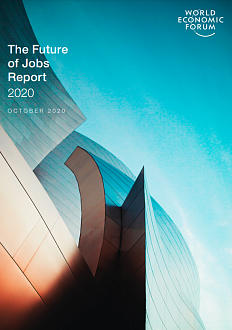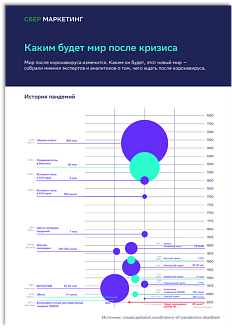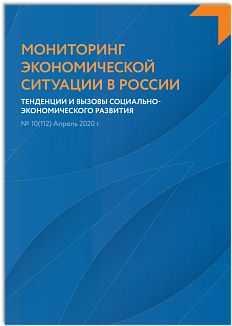Anton Pronin, Acceleration Director of Skolkovo’s IT cluster, offers step-by-step instructions to startups for surviving a pandemic. The cluster is a partner of the Roscongress Foundation’s Innovation Space, and participates in every event hosted by the platform, including the Science Fest Innovation and Science Festival which is to take place online 24–26 July 2020.
1. Identifying new channels to deliver goods to the end user through ‘digital shopfronts’
The greatest difficulties are faced by companies whose business models require offline production or consumption, including businesses working in the hospitality, offline retail, fashion, and beauty industries. Restaurants and cafés, for example, have responded to the situation quickly, setting up delivery services almost immediately. The main task for these companies now is to reach out to their customers and retain them, while keeping marketing and PR budget expenditure to a minimum. Online platforms can be of use here — some services that previously helped users to find nearby restaurants and cafés are now emblazoned with banners displaying phrases like «food deliveries from the best restaurants». These are good times for startups whose product ranges are based on a data analysis of consumer needs. It is possible to collect highly accurate statistical data throughout the crisis and during the lockdown.
Shopping centres and beauty salons will have a more difficult time, as a significant part of their revenues come from offline traffic. Online deliveries existed before the crisis, but were used to a significantly lesser degree, as most people naturally want to try on what they buy.
A lack of offline traffic could prove fatal to startups previously associated with offline retail and beauty salons. Solutions like recommendation engines, video analytics tools for user traffic, as well as loyalty programme services and platforms have suddenly become expendable. Analytical data that has been accumulated over the years will no longer work, as we are set to emerge from the crisis in a ‘different world’, where online consumption levels will be many times higher. This is why we must now test completely new hypotheses in the face of uncertainty.
2. Collaboration
Many will fail to withstand the test of the coming crisis. The market will be forced to ‘push out’ the weaker players who don’t have a sufficient safety buffer. We will see consolidation, where the stronger players begin to absorb weaker but promising market entities, while weaker companies of little promise exit of their own accord. A heated battle for consumers will play out as people’s incomes and purchasing power continue to fall.
Even a forced partnership with a major B2B service could help if companies find themselves in a fight for survival.
Another option could involve collaboration with other startups providing complementary services. For example, learning platforms could be used as digital shopfronts for commercial content, tutoring services, and school supplies. Look for the forms of collaboration that can be of maximum benefit to you, even if they do not seem obvious at first glance.
3. State support measures for SMEs
The support measures being implemented are a chance to reduce expenditures or at least stave off the negative effects. The information is out there. Since these are new processes and there is huge demand there will be hiccups, especially at the outset. Nevertheless, I would recommend keeping track of the measures being put in place by the SME Corporation, the Russian Export Center, Skolkovo Foundation, and the OPORA RUSSIA association among others.
4. Team and cost structure
A startup’s team is the key to its success. It is often the case that a product is inseparable from the team that created it and the departure of just one key member can have a devastating impact on product development. Nevertheless, it is unreasonable to expect to the entire team to function to the same degree of productivity during self-isolation. Smart actions that startups can take include:
-
reducing or balancing incentives systems; a decrease in the material component (bonuses, for example) that is proportional to revenue;
-
restructuring the burn rate, i.e. the monthly cost structure. A number of lessors may enter the situation and offer rent holidays, taking into account the current situation as a whole and motivated a desire to retain customers. This is the best time to look critically at every expenditure that has no clear impact on the value chain. This type of approach will allow businesses to scale profits more efficiently after the crisis is over.
5. Online support programmes
Major players, who want to support innovative projects during this difficult period, have launched a large number of free programmes. Thanks to their efforts, time spent in self-isolation can be put to good use, since everything is now taking place online.
One such programme is Promtech, launched by the Skolovo Foundation and the I-Teco Innovation Center to assist startups within the industrial sector — promtech.iteco-inno.ru. The Promtech programme aims to strengthen sales for startups, helping a key process and solving major potential vulnerability in the segment. Even before the crisis, industry was not considered a major contributor to demand for innovative products and, after careful examination, was on the verge of new developments. During the crisis, however, enterprises were forced to shift to remote working as much as possible, and a number of innovations were in place to assist in this process.






